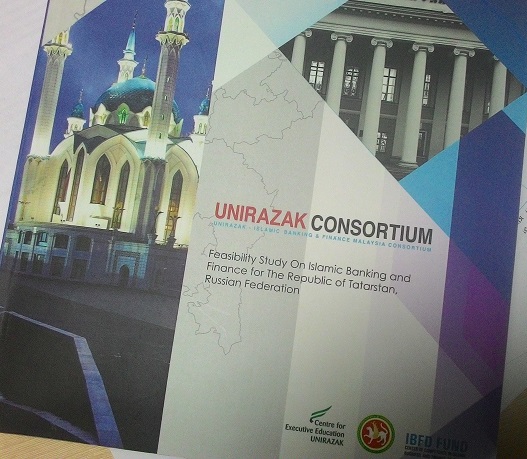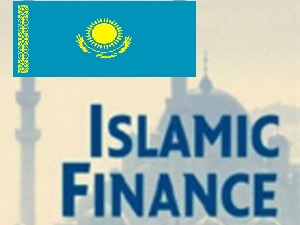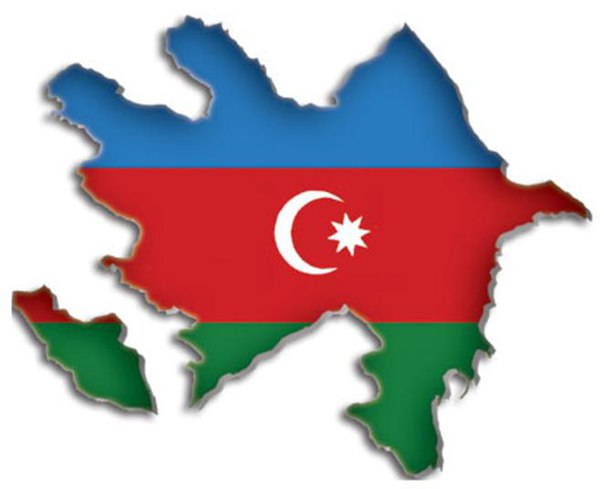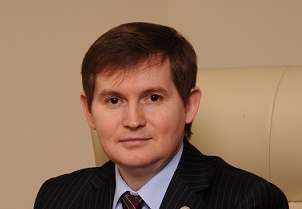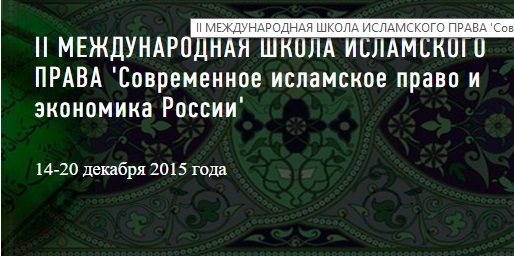The feasibility study on launching of an Islamic Bank or Islamic Banking window in the Republic of Tatarstan was presented in Moscow.
The discussion of the final version of the document, which is considered as a basis for launching an Islamic Banking project in the Russian Federation, took place in one of the Sbebank’s offices and with the Ministry of Economic Development of the Russian Federation, the Central Bank of Russia, Sberbank, Vneshekonombank, «Regnum» bank, «Zenit» bank, the representatives of the working groups doing a research on the partner banking established by the State Duma and the Council of the Federation, the science community, the Association of the Russian banks, the Association of the regional banks of Russia and the other key participants of the Russian financial market.
The Malaysian-Russia consortium, consisting of the leading Malaysian university Unirazak, the Islamic Business and Finance Institute of Malaysia (IBFIM) and the Russian Islamic Business and Finance Development (IBFD) Fund, has worked on the feasibility study for 9 months. The Republic of Tatarstan is considered as the pilot region for launching Islamic finance services as stipulated in the agreement signed on April 2015 by the consortium and the Government of the Republic of Tatarstan. The complete feasibility study was handed over to the Government on December 7, 2015.
While talking about the handover of the feasibility study to the Prime Minister of the Republic of Tatarstan Ildar Khalikov, Linar Yakupov mentioned that there is a vision in the Republic of Tatarstan on how to work with Islamic finance and that the region can become a pilot project for launching Islamic banking. And the interest of the regional market players in working in the Islamic financial system was supported by the presence of Sberbank, Ak Bars bank, the Ministry of Economy and financial companies representatives.
«The subject is not of a religious one, but rather an addition to the existing financial system to involve the most possible number of market participants in the economic activities», stated Yakupov. «To establish a fully-fledged Islamic bank without the support of the leading financial institutions such as Sberbank, Vnesheconombank, regional Ak Bars Bank, the Association and the Association of the regional banks of Russia would be difficult».
The discussion participants treat the feasibility study as a practical guide for launching of an Islamic banking system in Russia. Therefore, the discussion was mostly about the administration of the Islamic banking system, introduction of the particular products, commercial financing, risk management, taxing, proprietary rights and accounting. Bankers have expressed their interest and are actually considering project financing with the use of Islamic finances. The legislative aspects were also covered: the participants discussed the experience of other countries in making changes to the existing legislative framework.
The Malaysian representatives of the consortium were glad to share their experience, which covers banking systems of many other countries besides Malaysia. According to one of the speakers, the fact that Islamic finance industry is effectively functioning in the rigid financial systems of UK and USA characterizes it the best. Alternatively, the case of Hong Kong, where in 2013 the government has made amends to the tax law (the single tax framework for all market participants) which allowed issuing sukuk. The plan was that other Islamic financial instruments would follow the Islamic securities. The amendments were successful: other Islamic financial products including investment products entered the market.
The consortium had proposed to implement Islamic banking system on the basis of the existing banks, which can be a starting platforms for testing the Islamic financial instruments. It also proposes that the Islamic banking windows should be opened first to get the experience required for the operation of the fully-fledged Islamic bank.
«During the work on the feasibility study we considered both options», said Linar Yakupov. «We also studied the potential demand of these products and which amendments can be made to the tax and banking laws in order to employ Islamic finances. All the recommendations regarding these matters are stated in the feasibility study».
The purpose for conducting the feasibility study is to test the Islamic finance industry mechanisms on the basis of the existing legislative framework and banking system. The proposed project will allow the region and financial institutions within to assess the potential of the ethics based financial system.
 Contacts |
Contacts |
 Русский
Русский



